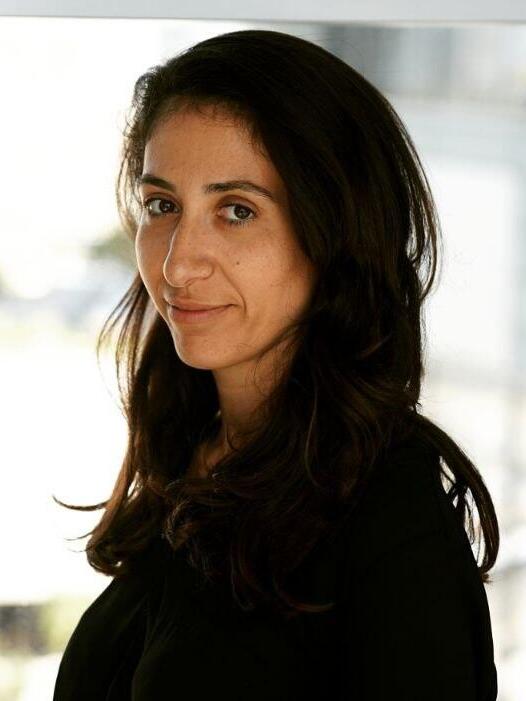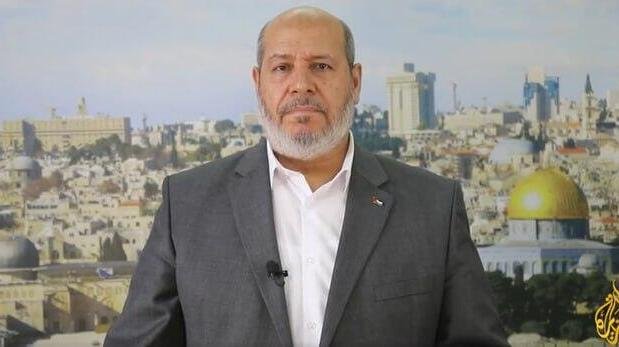Addressing the Egyptian people and their leaders, al-Hayya asked, “Are your brothers in Gaza starving at your border, so close to you?” He also urged Jordanians to “continue the popular uprising, intensify efforts to stop the ‘crimes,’ and prevent Israel from dividing Al-Aqsa.”
Egypt and Jordan, keen to maintain their image as supporters of the Palestinian cause, have engaged in global diplomatic efforts through an Arab-Islamic committee led by foreign ministers Badr Abdelatty and Ayman Safadi, alongside providing aid, airdrops and medical care for Gazans.
However, they firmly reject any incitement to internal unrest. A Jordanian official, speaking after al-Hayya’s speech, expressed frustration, saying, “Jordanians value their country’s efforts to support Palestinians and feel Hamas’s words ignored these efforts. Instead of gaining sympathy, they offended the people.”
This isn’t the first time Hamas has stirred controversy. In November 2023, senior official Khaled Meshaal angered Morocco by urging its citizens to demand an end to normalization with Israel, seen as interference in the kingdom’s affairs and an attempt to undermine King Mohammed VI.
 Lior Ben Ari
Lior Ben AriBoth Egypt and Jordan prioritize national security over Hamas’s rhetoric. Jordan banned the Muslim Brotherhood’s activities in April, while Egypt vigilantly maintains internal stability. Protests for Gaza in both countries serve as controlled outlets for public sentiment but when Hamas breaches these boundaries, both nations swiftly remind the group of its place.




